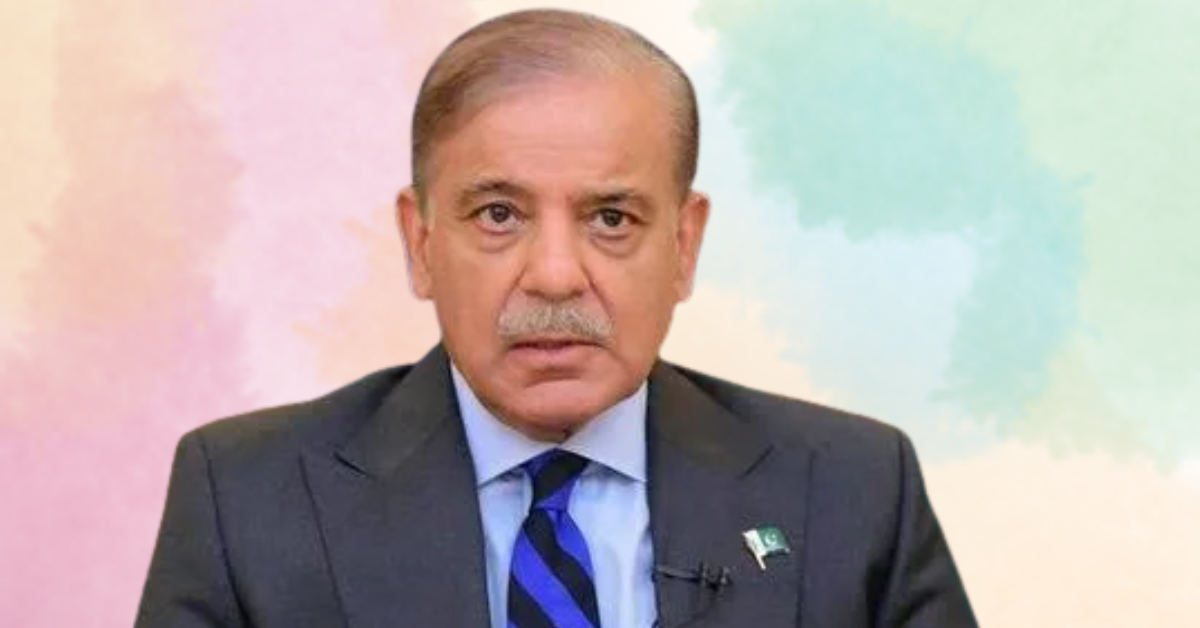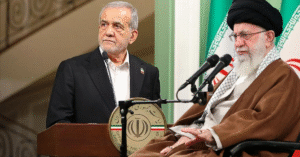Islamabad — Prime Minister Shehbaz Sharif has pledged that Pakistan will not allow India to “snatch even one drop” of water allocated under the Indus Waters Treaty (IWT), promising to use every legal, diplomatic, and technical channel to protect the country’s share.
Chairing a high-level meeting on water security in Islamabad, Sharif accused India of trying to alter the flow of western rivers through upstream hydropower and storage projects. He directed his cabinet to engage the World Bank — the treaty’s broker and facilitator — and to invoke all dispute-resolution mechanisms available under the agreement.
“Water is Pakistan’s lifeline,” Sharif told ministers, adding that the country must act decisively as climate change, rapid population growth, and inefficient water use tighten the pressure on its resources. He also ordered urgent steps to expand domestic storage capacity, modernise irrigation systems, line canals to reduce seepage, and strengthen anti-theft measures.
Signed in 1960 after years of negotiation, the IWT divides the six major rivers of the Indus basin between the two countries: the three eastern rivers (Ravi, Beas, Sutlej) go to India, while the three western rivers (Indus, Jhelum, Chenab) are reserved for Pakistan. India is allowed limited, non-consumptive use of the western rivers for power generation, navigation, and other purposes — but without reducing downstream flows.
Pakistan has repeatedly raised objections to Indian hydropower schemes on the western rivers, warning they could disrupt water availability for its farmers and communities. India counters that its projects follow treaty design limits and do not deprive Pakistan of its allocations, stressing that run-of-river plants cannot divert water permanently.
Islamabad plans to bring the latest concerns to the upcoming meeting of the Permanent Indus Commission — the treaty’s bilateral oversight body — while stepping up diplomatic engagement with other countries and institutions. Officials say parallel domestic reforms to conserve water and improve efficiency will be accelerated to strengthen the country’s resilience.






